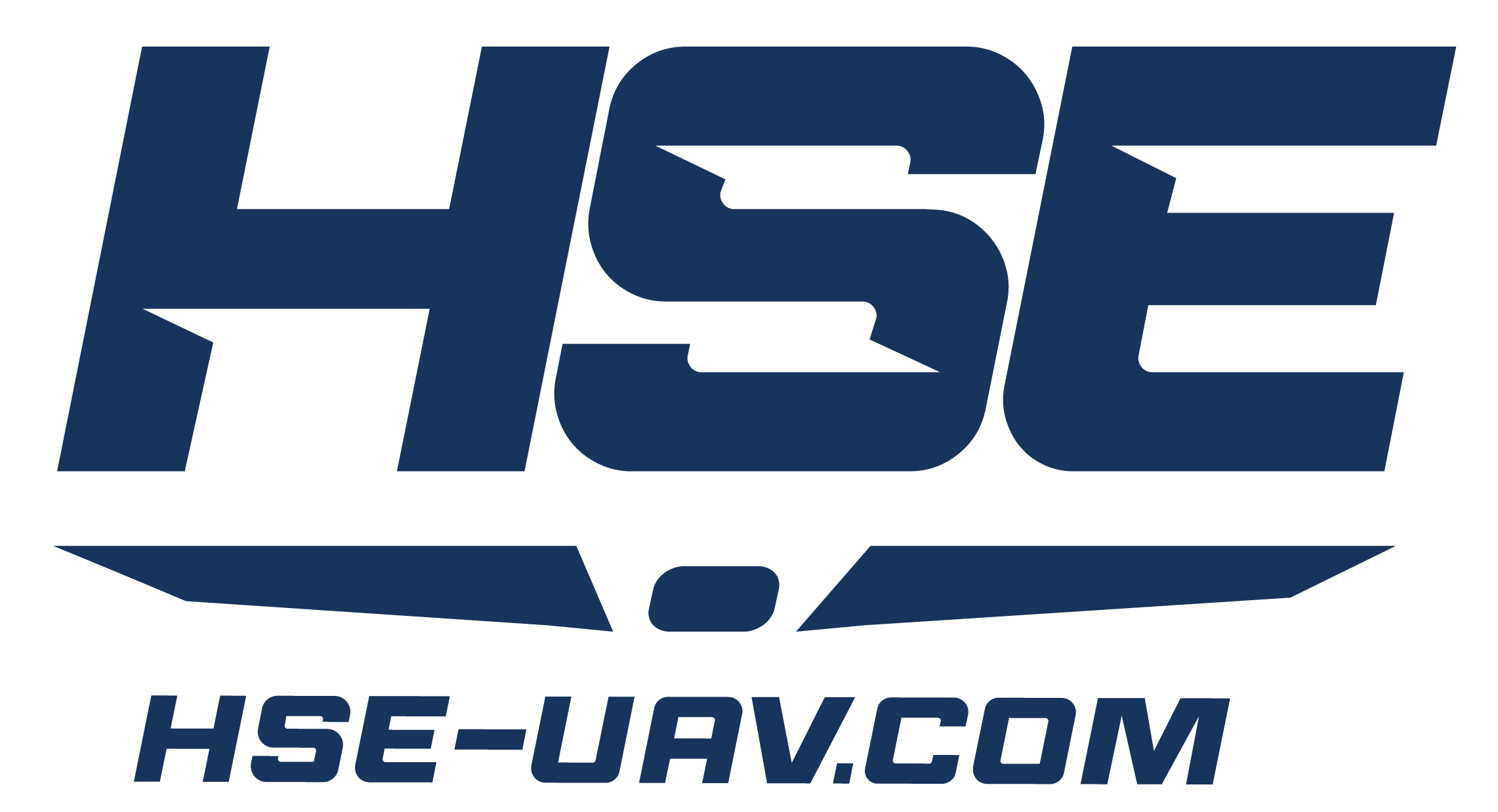Are Drones Replacing Agriculture Aviators?

The ultimate "Drones and Ag Aviators" standoff! Get yourself a chair (and perhaps a beer) and let's hash this out, once and for all!
Our company has been selling spraying drones in America longer than anyone else we know. But 10 years ago we started out as most drone companies: let's throw a camera on this thing and sell it! Then we realized that camera drones were a dime-a-dozen...there must be a more impactful way to put drones to work. As a Veteran and Family Owned business, we thought about those industries most important to us and the American economy - we thought "Food, Safety and Environment" (I don't know about your family - but ours loves food!) That and the market forecasts suggested that 70% of the drone industry would belong to farmers. We had our match!
Enter: Drones for Agriculture.
We knew about precision ag, but we wanted to do more than just find the problems in a field. We wanted to find and solve them... all with one drone. That brings us to today. Farmers can use a spraying drone to perform a crop health analysis and then use the data to treat their fields. Saving chemicals, labor and money. More money in the farmer's pocket allows them to be more competitive on a global scale, and that's good for our economy! How cool is that! And with most of our relatives having been farmers themselves, we felt pretty good about this.
But let's get back to the battle at hand- are drones replacing agriculture aviators?
I'm going to make this really simple. The answer is no. Absolutely not. No ham, no ma'am, no strawberry jam!
We get this question pretty often. So when you think about drones and ag aviators, they are more complimentary than they are competitors. First, spraying drones have considerably less capacity than a manned ag aircraft. 100+ gallons or 5 gallons... they're not even on the same playing field! It would be like me asking if we could fit as many people in a Mini Cooper as a Tour Bus! Heck no! The Tour Bus is really good at getting a lot of people from this place to that. The Mini Cooper is really good on gas though - it is efficient, easy to drive and convenient when you've got a few people (or 2, haha). But a person might not want to always pull out the Tour Bus when they're going to the grocery store. And you might be disappointed when your buddy shows up in the Mini Cooper on moving day.
Similar to the analogy above, there is a really great place for drones and ag aviators to fit - and when used together, they REALLY shine! In fact, we have many ag aviators who have added drones to their fleet. This gives them the ability to pick the best tool for the job with a quick ROI and low capital expense. Small fields that they used to overlook (think trips to the grocery store), are a new revenue source! Areas that were tough to get to (think of compact parking spots), or too steep are now well treated by drone! Simply put - adding a drone to the spraying toolbox can help ag aviators say yes to more business. Whether you want to use a drone for spraying edges /dressing, smaller fields or the hard-to-reach, they'll compliment your offering.
Now, let's talk about this standoff thing.
You've already heard from us - we think its bologna! Frankly, we've learned a lot about the respect, education and attention that is required to responsibly apply chemicals. This high standard and care is critical to the future of both sectors... we can and should really learn from the manned ag aviators.
If that's the case, then why all the 'beef' and debate between drones and ag aviators? We've heard our fair-share of drone operators and companies claiming that their drone can replace a manned aircraft- it just isn't accurate. We've also heard from manned ag aviators who are convinced us drone guys are out to steal their jobs. This also is untrue, and not realistic. If you really look, both types of aircraft earn-their-keep. For example, manned aircraft have all of the latest tech on-board; GPS, precision application technology and electrostatic spray systems. They've got the most expert applicators with 100 years of experience. Manned aircraft also can treat hundreds or thousands of acres in a day - for massive fields, it is by far the most efficient way to spray. For drones, the cost to operate is usually under $10/hr, and maintenance is simple. Spraying drone operators also appreciate the added safety of staying on the ground! Plus, smaller fields can now reap the benefits of aerial applications (instead of resorting to backpacks).
In a hundred years, will drones be large enough to cover thousands of acres in a day? Probably so, but you and I won't be around for that! However, we are shaping the future right now. Conversations like this matter, and we always do better when we're connected. Knowing this, HSE is leading the way in conducting research with chemical companies and the USDA's Agriculture Research Service (ARS), paving the way for the future of agriculture, drones and manned aviators combined! Is there more to learn? Sure! But we think conversations like this are the best way to get started.
